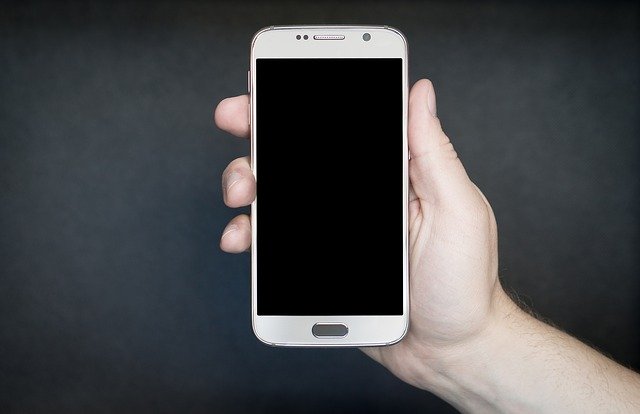.
Door-to-door sales have not yet been banned in all municipalities, and many enterprising people take advantage of this. While they provide a lot of information to potential customers, vital information can be deliberately concealed. Some merchants, especially those that lure vulnerable seniors, simulate meter checks to verify monthly deposits. However, this is done with the express intent of obtaining the last valid invoice, copying that information into the sales contract, entering into a new contract, and of course receiving a commission.
Not a few such cases have occurred, and fortunately legislative measures have addressed this. Thus, even while energy is being supplied by a new supplier, it is possible to withdraw from the contract free of charge. The reason why the law focused on withdrawing from the contract even at this point was due to the frequent cases of households who learned of the change of supplier only after receiving a breakdown of the monthly advance payments from the new supplier
.
The Civil Code remembers this
.
The Civil Code now provides that a contract concluded outside the so-called place of business (in most cases, the customer\’s home) may be withdrawn free of charge within 14 days of the conclusion of the contract. This is stipulated in Article 1829 of the Civil Code. However, the 14-day period is not a condition either. According to Article 11a, paragraph 3 of the Energy Law, the contract can be cancelled within 15 days after the start of energy supply from the new supplier.
All
suppliers
[19] are obliged to comply with the termination [20] of the energy supply. However, there is no obligation to comply with a written termination, which is a purely so-called unilateral legal action. The supplier is obliged to accept the notice only if the notice meets all requirements.
In any event, you must submit your own written withdrawal. It must be mailed, preferably by registered mail. You must keep a proof of posting (delivery slip) dated (stamped) by the post office.






